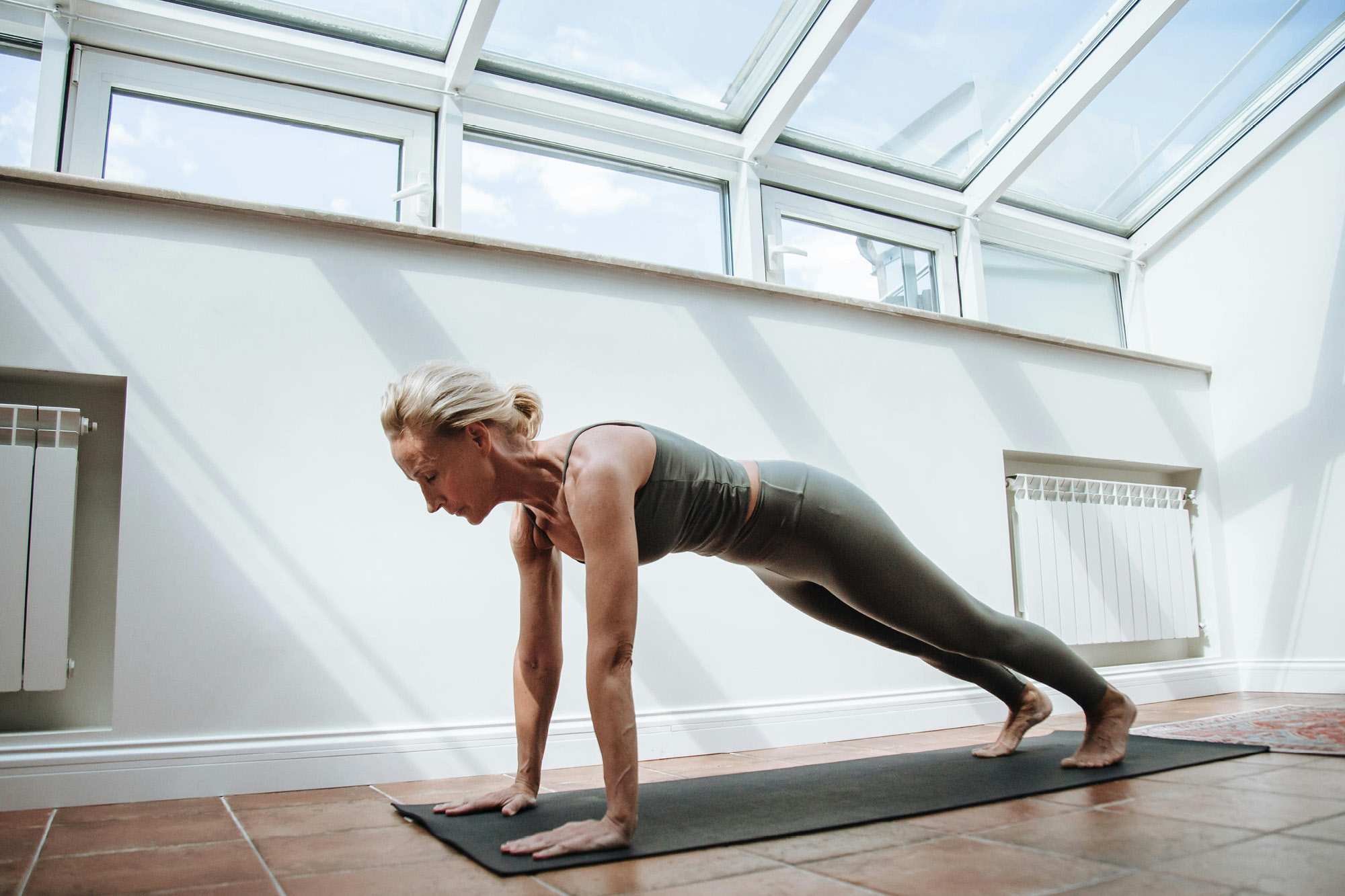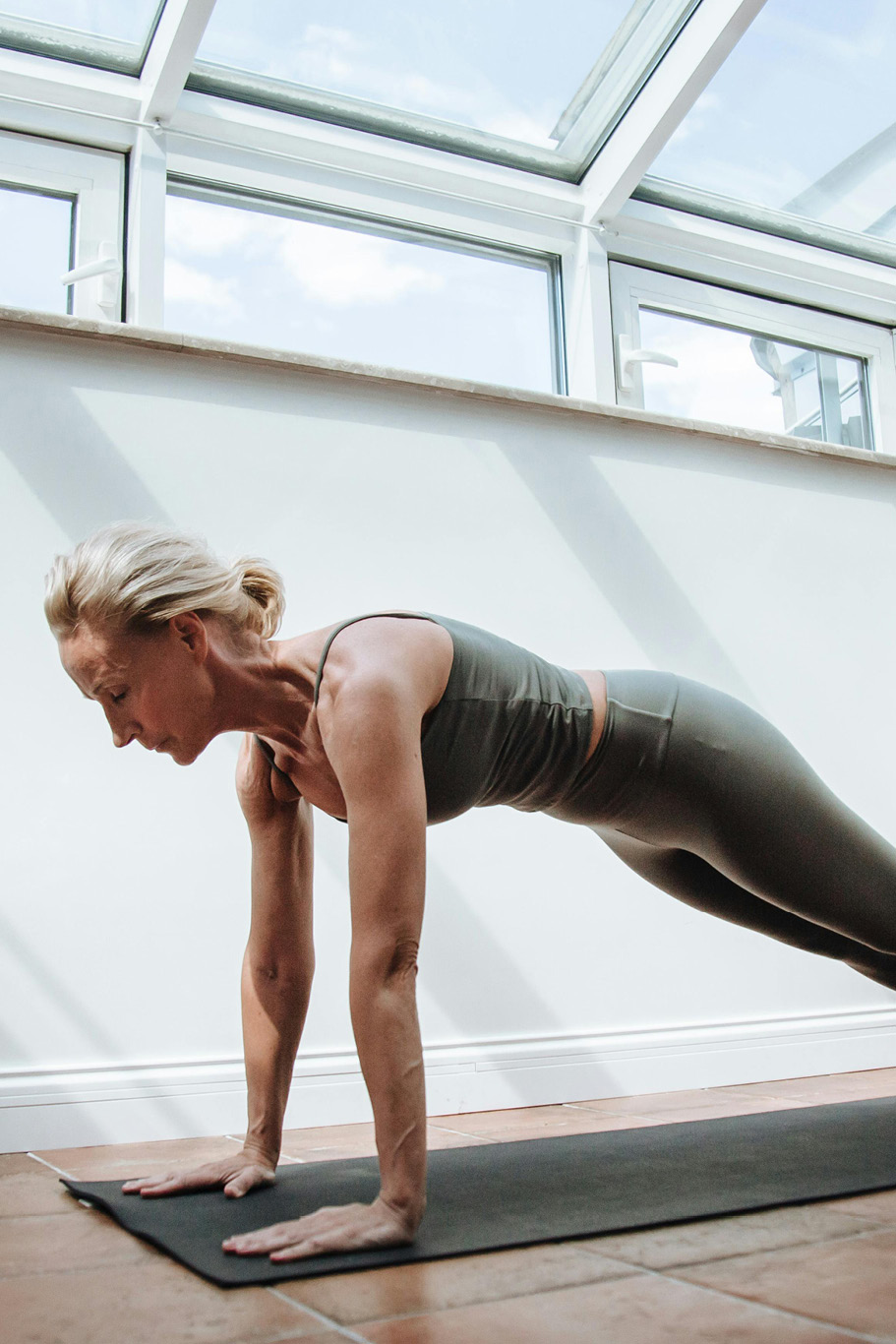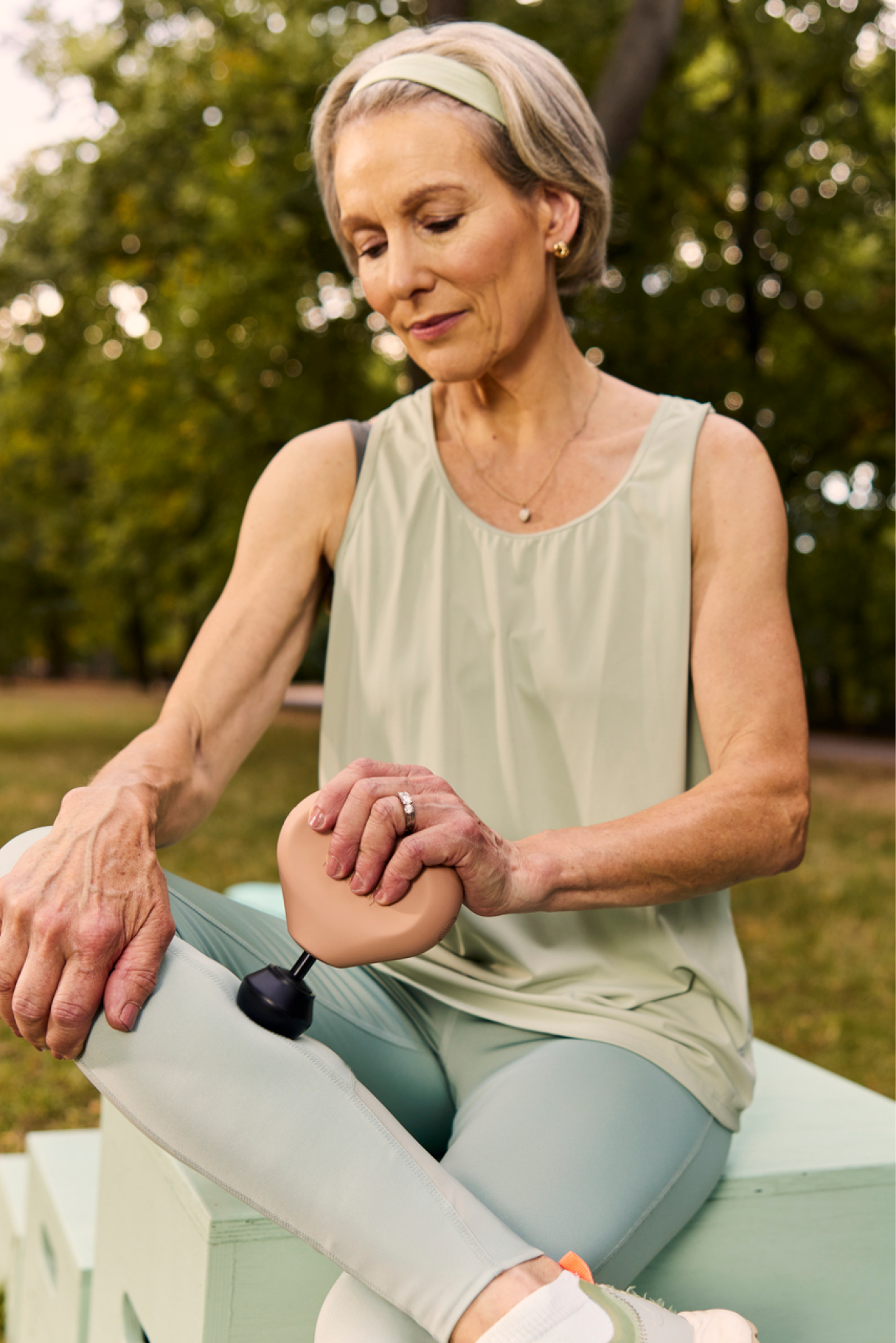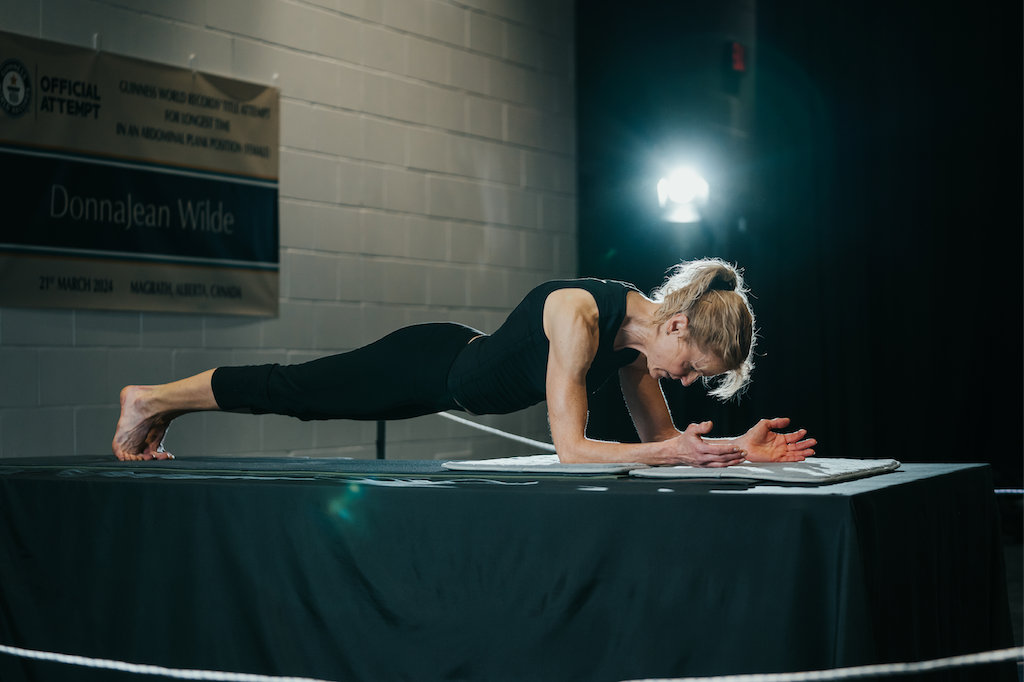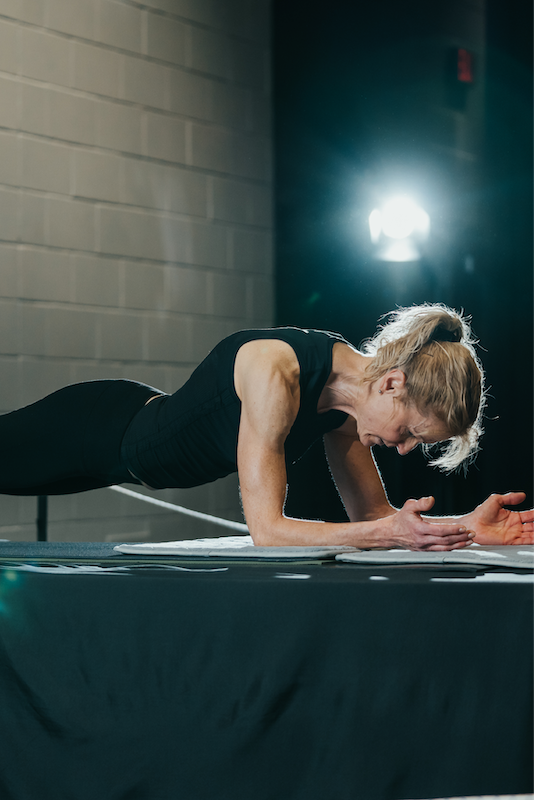Who knew that holding still could make you so strong? The humble plank is one of the most effective moves you can do for your core, shoulders, back, even legs―all in one go. It’s truly a full body move.
It’s easy to fall into the trap of thinking that fitness requires hours at the gym or complicated routines. But the plank is here to prove otherwise: mastering just this one move and practicing it consistently can have a huge impact on your strength and wellbeing.
Let’s explore why you should add planking to your routine—and how to make it fun!
First up, the benefits. Here’s what makes planking one of our go-to moves.
- Strengthens the entire core. A strong core is key to balance, posture, and avoiding injuries.
- Supports lower back health. Planking can reduce back pain by strengthening the muscles around the spine.
- Improves balance and stability. Planks are a great way to build the kind of stability that keeps you moving with confidence.
- Quick and effective. A minute of planking here and there adds up, making it perfect for those of us who don’t have a lot of extra time.
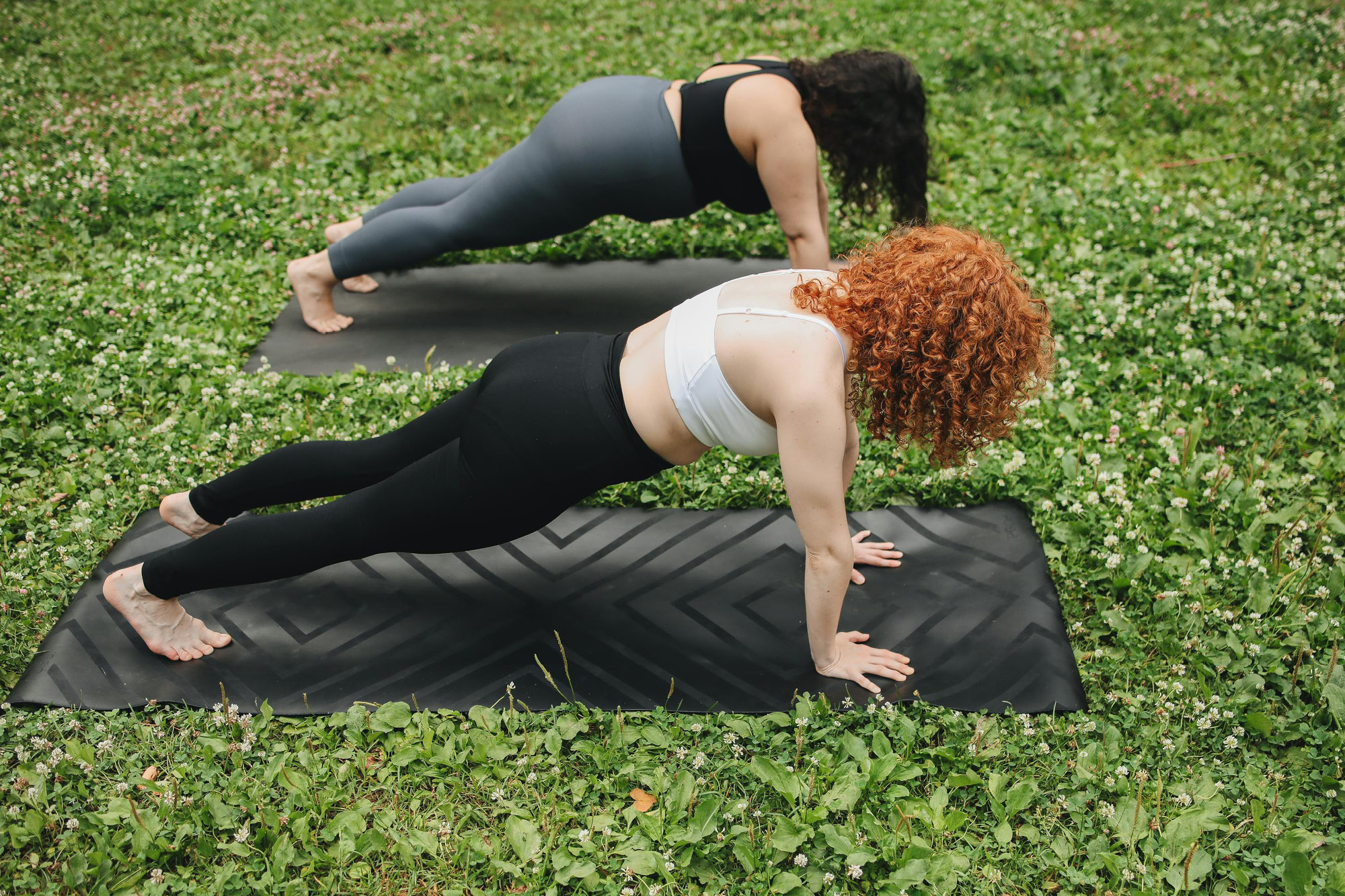
Types of Planks to Try
Let’s break down a few different plank variations, starting from the most accessible to the more challenging.
1. Wall Plank
A great entry point if you’re new to planking or have wrist concerns. Stand a few feet away from a wall and place your hands against it at shoulder height. Lean in and hold, keeping your core tight and your body in a straight line.
Fit it in: This is a perfect move to do while catching up on a podcast or waiting for the kettle to boil!
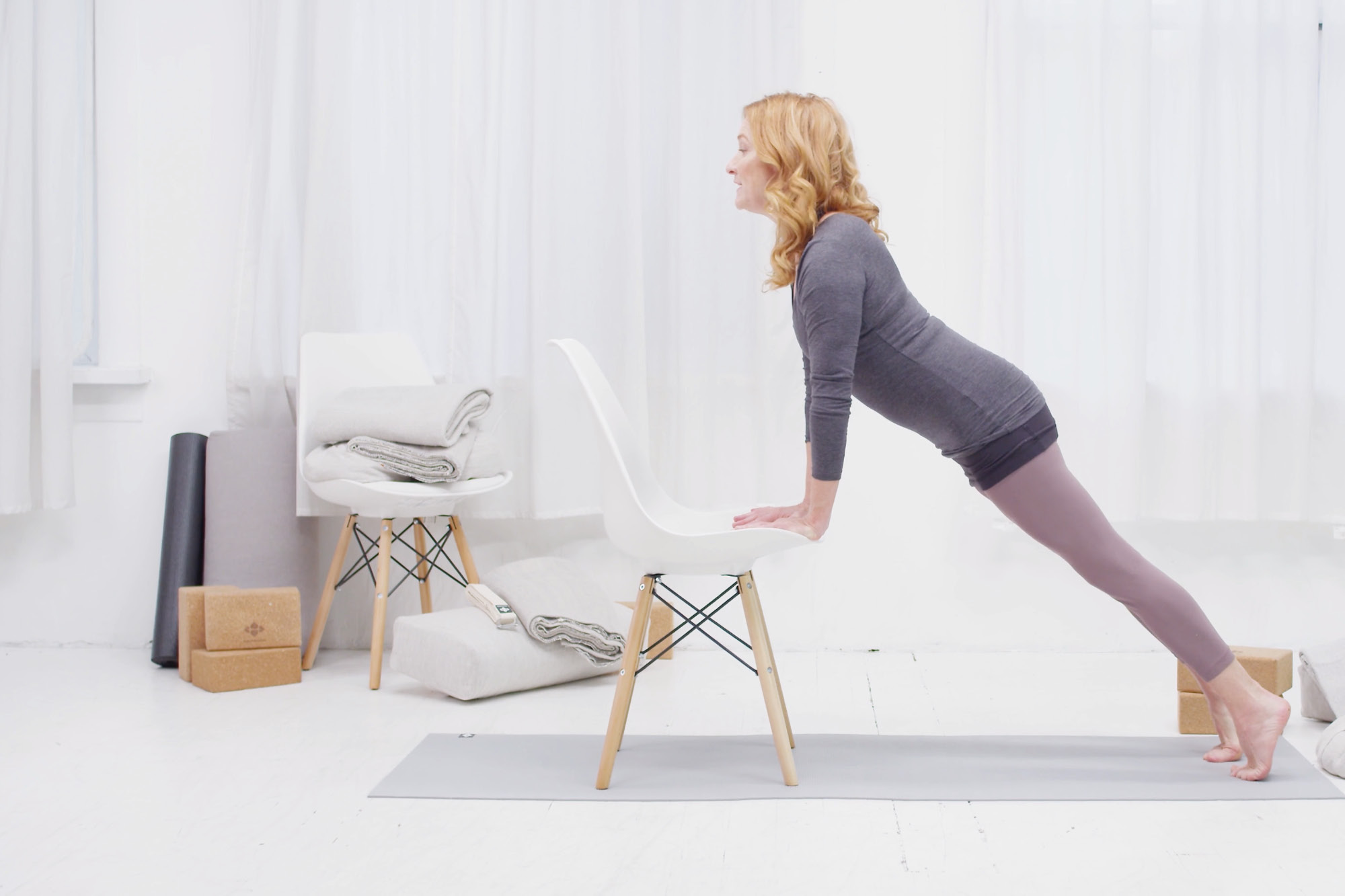
2. Elevated Plank
Ready to level up? Use a sturdy chair or a countertop to make the plank a bit more challenging. Keep your hands or forearms on the elevated surface and your body in a straight line. The lower you go, the harder it will get!
Fit it in: Test your stamina while waiting for dinner to bake or during a TV commercial break.
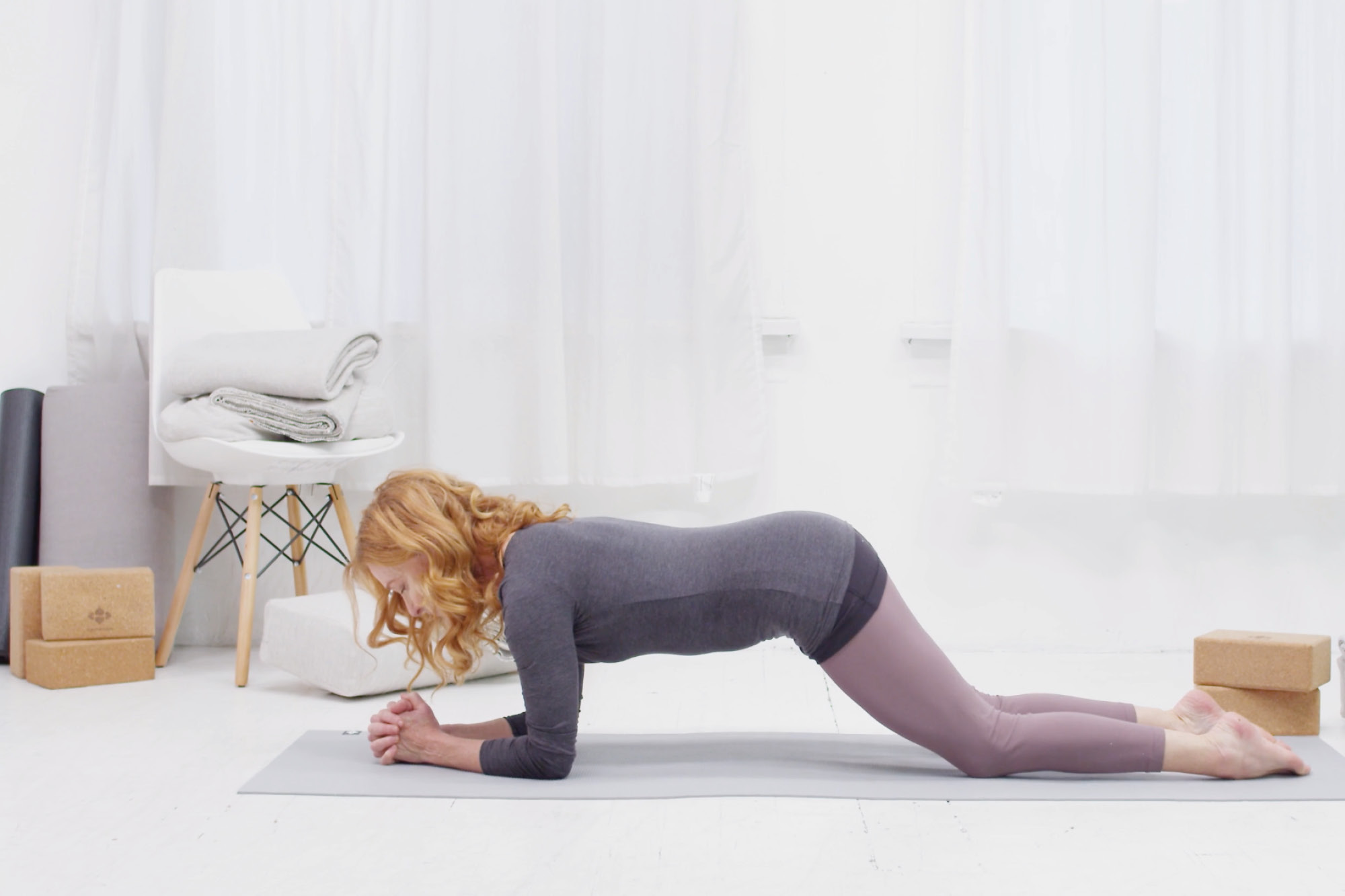
3. Plank on Your Knees
Perfect for building up to a full plank while taking some pressure off the wrists and lower back. Start on all fours, then straighten your body from your head to your knees, keeping your core tight.
Fit it in: Challenge a friend or family member to a plank-off―who can hold it the longest?
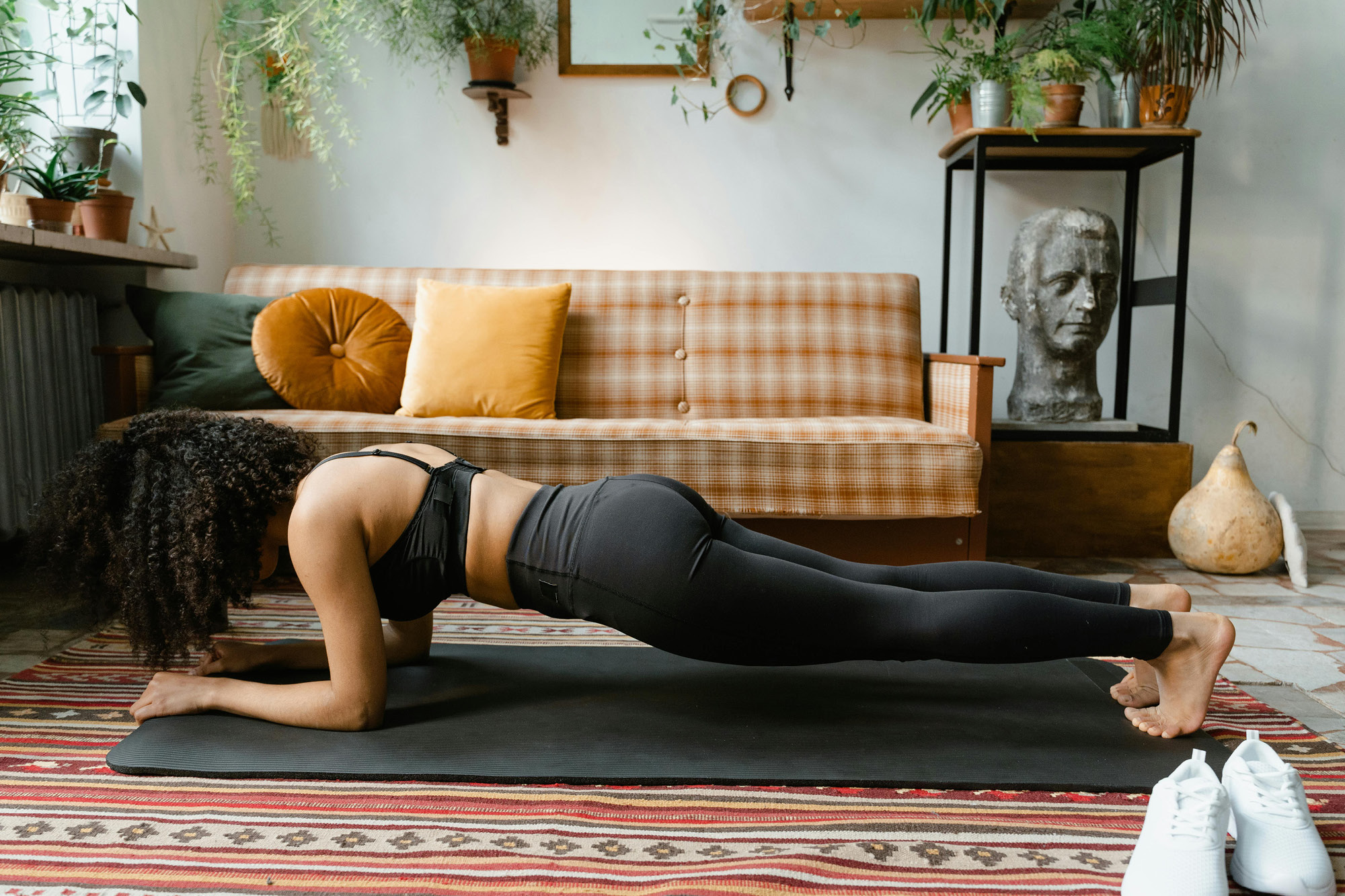
4. Forearm Plank
This can be as challenging as a full plank but without the pressure on the wrists. Keep your forearms on the floor, elbows under your shoulders, and body in a straight line from your head to your heels. For an extra challenge, squeeze your elbows and toes towards each other. This will increase the activation through your legs, core, and shoulders.
Fit it in: Try holding it while listening to your favorite upbeat song or watching a movie. Time flies when you’re distracted!
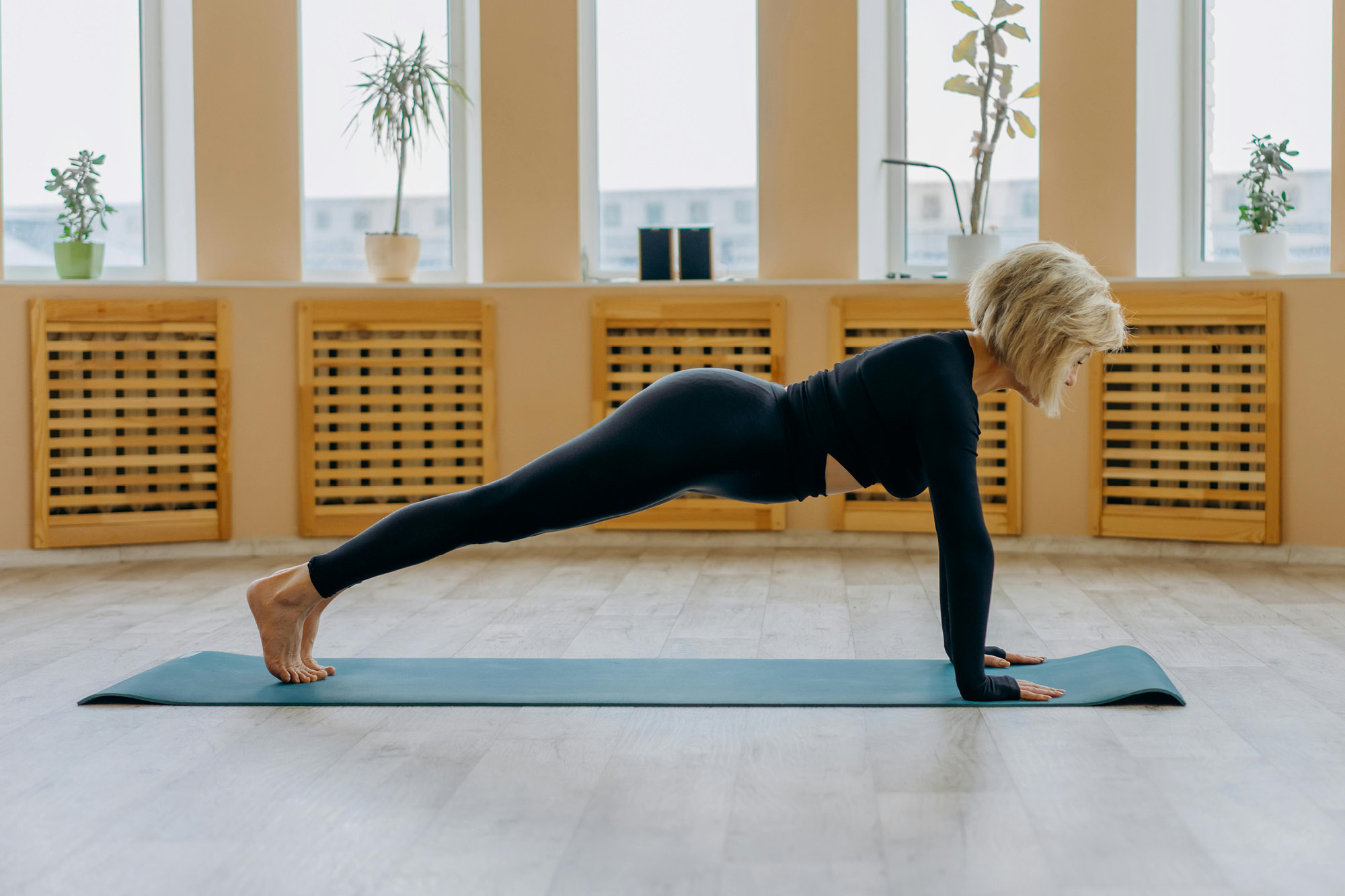
5. Full Plank
The ultimate goal for core strength! With your hands on the ground directly under your shoulders, engage your core, keep your body straight, and hold. This is a fantastic move for total body stability. For an extra challenge, squeeze your hands and toes towards each other. This will increase the activation through your legs, core, and shoulders.
Fit it in: Do it with your grandkids or partner and see who lasts the longest (bonus points if you all end up laughing!)
Find your plank style with this helpful workshop for every level with Movement Living yoga teacher Kate Potter. Remember: there’s always a modification that will work for you!
A Few Extra Tips
Track Your Progress for Extra Motivation
Want to see how strong you’re getting? Grab an old-fashioned stopwatch (or use the timer on your phone) to track how long you can hold a plank. Start with 30 seconds, then challenge yourself to reach 60, 90, and eventually hold for 2 minutes. As your core gets stronger, move from easier versions of the plank to more challenging ones. This simple tracking method can be a fun way to see your progress over time!
Make Planking a Fun Habit
The key to sticking with any fitness routine is to keep it light and fun. Why not incorporate planking into your daily life in creative ways? Hold a plank during the first scene of your favorite TV show or challenge yourself to add five seconds each day. Use a stopwatch to track your time and see how quickly you progress―watching your plank time increase can be incredibly motivating!
Invite your kids or grandkids to a friendly competition―they’ll love seeing if they can beat you! Or get your partner involved for a fun, friendly rivalry. It’s not about perfection; it’s about feeling stronger and more confident as we age.
